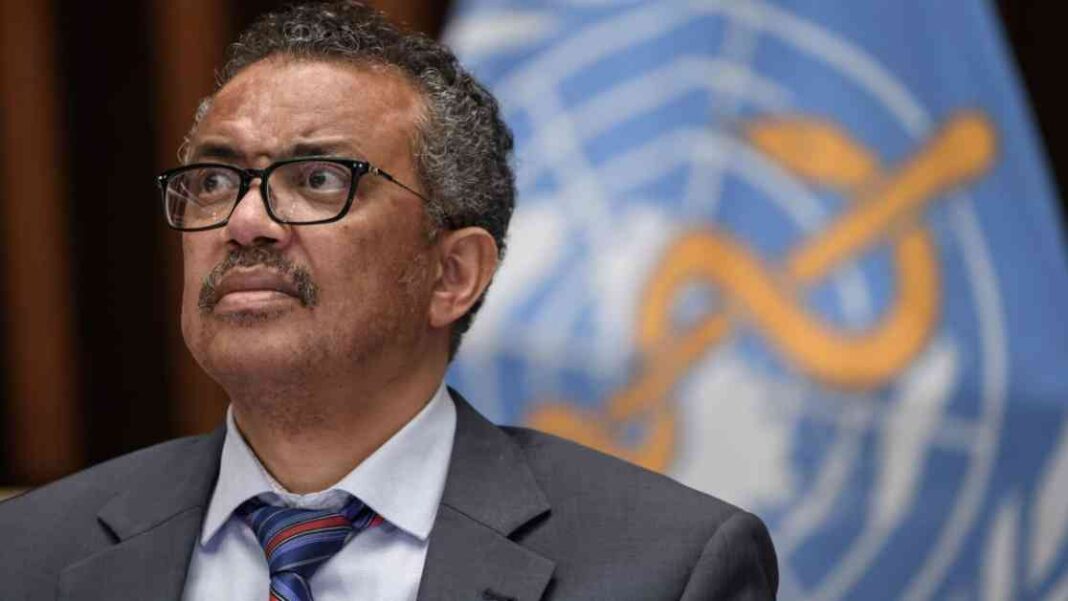US Withdrawal from World Health Organization: What Does Trump’s Decision Mean?
The United States made a groundbreaking decision to withdraw from the World Health Organization (WHO) in 2020, citing various reasons such as the WHO’s handling of the COVID-19 pandemic and its failure to implement necessary reforms. President Trump’s move has sparked a global debate on the implications of this decision on public health, international cooperation, and the United States’ role in the global health landscape.
Implications of US Withdrawal
Health experts have raised concerns about the potential consequences of the US withdrawal from the WHO. They fear that this decision could severely impact the agency’s resources and capabilities, leaving the world more vulnerable to health threats. Additionally, isolating the US from global health initiatives could hinder its ability to respond effectively to future pandemics, putting the country’s interests at risk.
Global Health Data Access
One of the key repercussions of the US withdrawal is the loss of access to crucial global health data compiled by the WHO. Organizations like the US Centers for Disease Control and Prevention rely on this data to monitor and respond to health emergencies effectively. Without this information, the US could face challenges in coordinating with other countries and implementing timely interventions during health crises.
Legal Uncertainty
It remains uncertain whether President Trump has the authority to unilaterally withdraw the US from the WHO, or if this decision requires congressional approval. The legal implications of this move are still unclear, raising questions about the checks and balances within the US government’s decision-making process.
As we navigate through these uncertain times, it is essential to consider the broader implications of such decisions on global health security and cooperation. The US withdrawal from the WHO could have far-reaching effects on international health efforts, highlighting the importance of collaborative action in addressing global health challenges.
In the midst of this complex situation, we must reflect on the role of the WHO in promoting global health equity and solidarity. While the decision to withdraw from the organization raises valid concerns, it also presents an opportunity to reassess and strengthen international health governance mechanisms for the benefit of all nations.
By engaging in thoughtful discussions and seeking innovative solutions, we can work towards a more resilient and inclusive global health system that prioritizes the well-being of all individuals, regardless of their nationality or socio-economic status. Let us strive to build a world where health is a universal right, and collective action is the cornerstone of our shared humanity.











